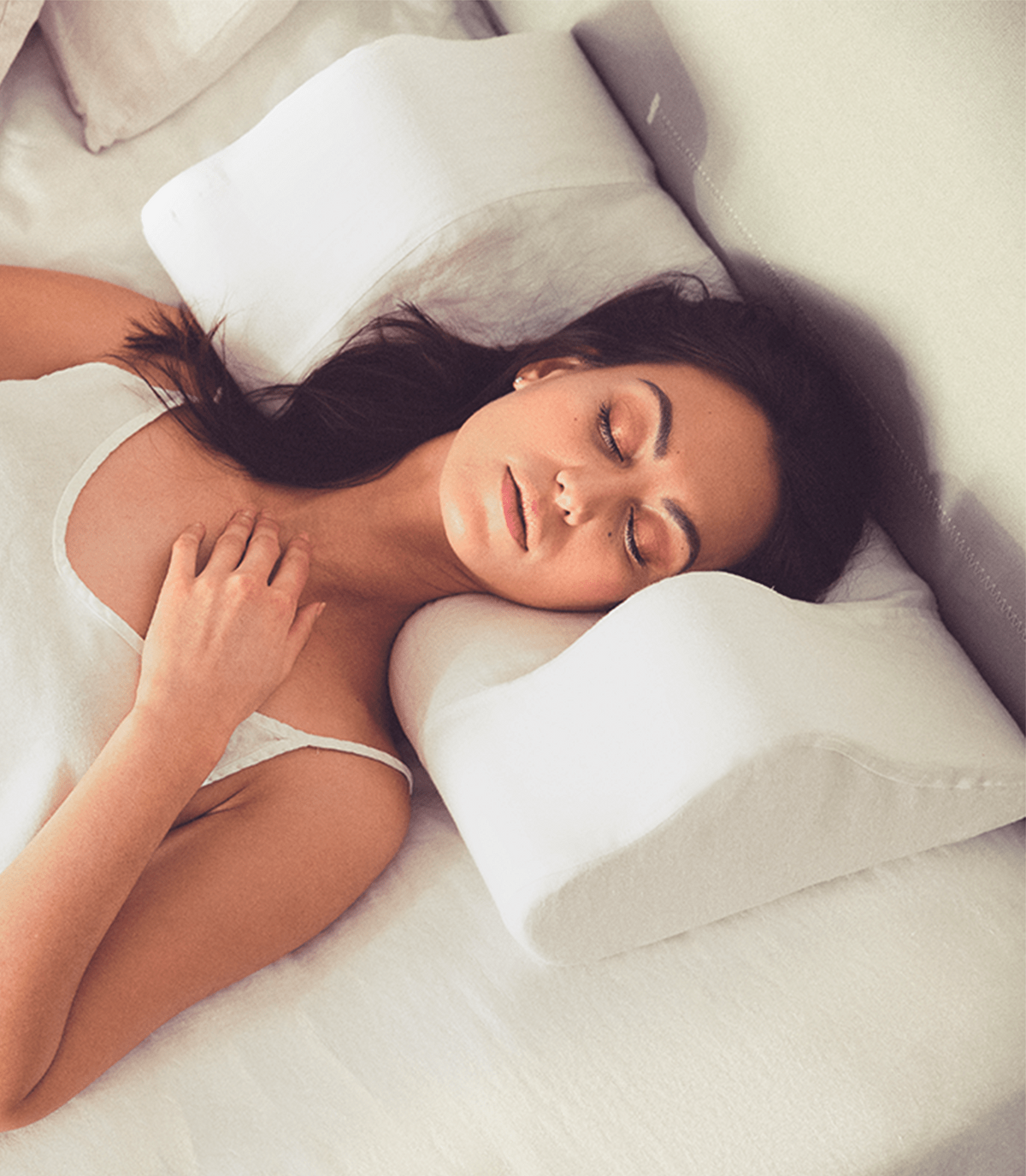You may think that espresso after dinner or a nightcap before bed isn’t doing much harm. But science says otherwise. Two of the most common sleep disruptors, caffeine and alcohol, can seriously interfere with the quality of your rest, even if you feel like you're sleeping well.
Caffeine, the subtle sleep thief
Caffeine is a stimulant. It works by blocking adenosine, the chemical in your brain that builds up throughout the day and tells your body it’s time to sleep. The problem? Even when caffeine wears off in how you feel, it hasn’t fully left your system.
- Half-life of 5–6 hours: Drink a coffee at 2pm and around 50% of that caffeine could still be active in your brain at 8pm.
- Quarter-life of 10–12 hours: A quarter of the caffeine from that same 2pm coffee may still be circulating at 2am.
- Even small amounts of caffeine, like those in dark chocolate, decaf coffee, or energy drinks, can add up if you’re sensitive to it.
You might be able to fall asleep after caffeine. But research shows it can reduce the amount of deep, restorative sleep you get, even if you don’t notice. The result is you wake up less refreshed, and reach for even more coffee the next day.
Alcohol, it's not a sleep aid
Alcohol is often mistaken for a sleep aid. It’s a sedative, yes, but not in a good way. It puts the brain into a light, unnatural sedation, not true sleep.
- Fragmented sleep: Alcohol can increase nighttime awakenings, most of which you won’t remember.
- Suppressed REM: It disrupts the vital dream-rich phase of sleep, which is essential for emotional wellbeing, creativity, and memory.
- Stress response: Alcohol can stimulate the fight-or-flight system and trigger the release of wake-promoting chemicals, leading to poor sleep quality.
Even one glass of wine in the evening can be enough to negatively impact sleep architecture. The more often this happens, the more significant the long-term effects on your sleep health.
Why it matters
Sleep isn’t just about getting through the night, it’s the foundation of how you feel, think, and function each day. Both caffeine and alcohol can quietly erode the benefits of sleep without you even realizing.
Sleep tip: Avoid alcohol and caffeine 4-6 hours before sleep
To give your body the best chance of restorative sleep:
- Avoid alcohol for at least 4 hours before your desired bedtime. This allows your body to metabolize it and reduces its impact on your sleep cycles.
- Avoid caffeine for at least 6 hours before bed (earlier if you’re especially sensitive). If you're aiming to sleep at 10pm, consider cutting off caffeine by 2pm.
Experimenting with your timing and being aware of sneaky sources, like chocolate or decaf, is a simple change that can make a meaningful difference in how rested you feel each morning.
Up next in our sleep series:
Sleep debt and naps — what happens when you don’t get enough rest, and how to use naps strategically (not sabotage your sleep).
Resources for deeper reading:
- Why We Sleep by Matthew Walker (book)
- Matthew Walker’s MasterClass on Sleep
- Walker’s TED Talk: “Sleep is your superpower”
Want more practical tips for better rest?
Explore our Simple Sleep Guide or sign up by finding out your Sleep Chronotope, and receive the full series straight to your inbox.














